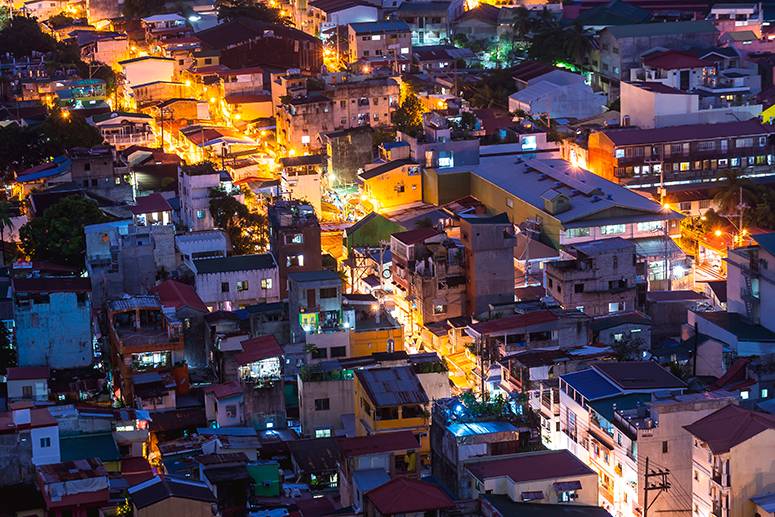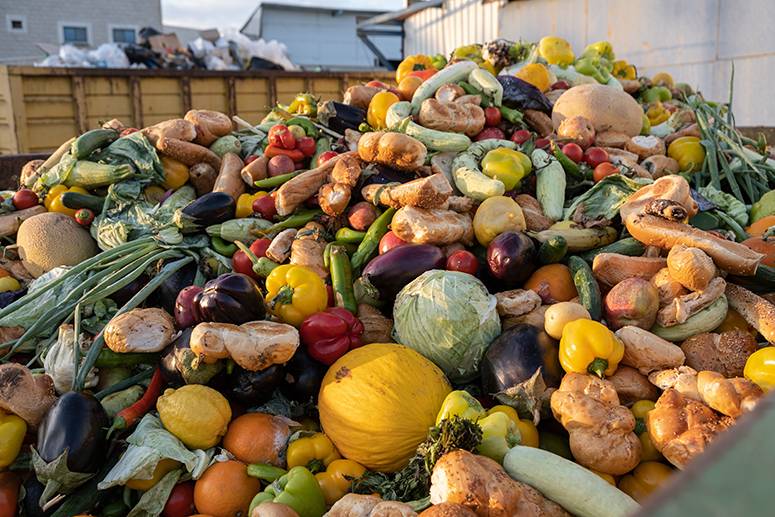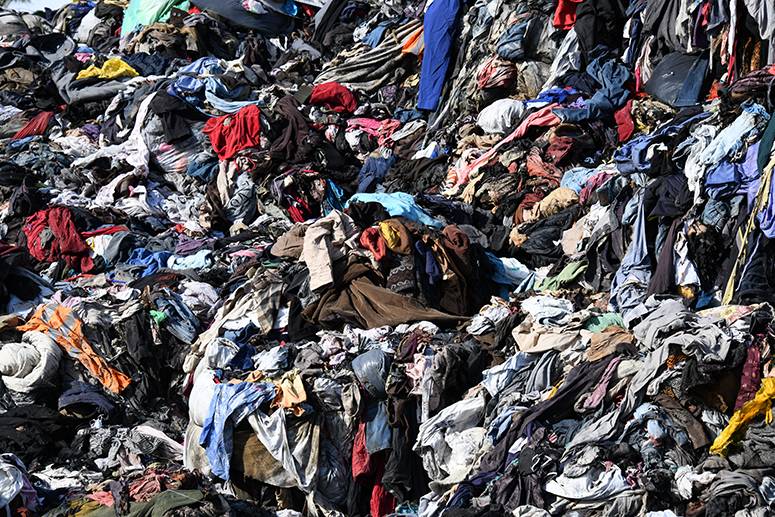How overconsumption consumes us
Fast-everything consumption has arguably become synonymous with affordability and ease, making it enticing. And in the quiet hum of daily life, we’ve now overlooked the profound impact our choices can make on the world.
The energy we consume, the food we eat, and the goods we use—all these compel us to decide and act. And each time we choose the excess, we make a choice that places the environment on the back burner.
As we try to keep up with trends, the issue of overconsumption reveals a stark reality we need to face: our world is paying the price for our excesses.
Overconsumption of energy
There’s a ton of science involved when talking about energy. In school, students learn that coal and oil are non-renewable energy sources. These require burning fossil fuels that release greenhouse gases, which expedite climate change and global warming. It can also contribute to air and water pollution, the consequences of which affect all living things.

Because humans rely so much on technology, we’ve reached the threshold of excessive energy use. According to the International Trade Administration, the Philippines is facing an energy crisis due to the depletion of the Malampaya natural gas fields. These currently provide 30% of Luzon's energy consumption. With dwindling resources, the country faces higher electricity costs and more frequent power interruptions.
The issue is bigger than ourselves, of course. The importance of industries adopting energy-efficient practices cannot be stressed enough. Still, there are ways people can help minimize environmental degradation: investing in eco-friendly appliances and cultivating habits, such as switching off lights and appliances when not in use.
Overconsumption of food
Food waste is not just a matter of squandered resources; it is a ticking time bomb for our environment. When discarded food ends up in landfills, it decomposes and releases methane, a greenhouse gas with a warming potential much higher than carbon dioxide.

According to the Food and Agriculture Organization (FAO), food waste is responsible for approximately 8% of global greenhouse gas emissions. This alarming statistic underscores the urgent need to address the issue at every level of the food supply chain.
Addressing food waste and overconsumption requires individual action and conscious choices. One of the best things people can do is to practice meal planning and buying only what you can eat.
More importantly, support local farmers and sustainable food systems. Locally sourced produce often has a shorter supply chain, reducing the carbon footprint associated with long-distance transportation. Remember: Overconsumption of food is directly proportional to overproduction of food. By being mindful of where our food comes from, we can help curb both problem areas.
Overconsumption of material goods
The fast fashion industry and the culture of disposable goods have led to significant pollution and waste. The production of clothing and other consumer goods often involves harmful chemicals, excessive water usage, and exploitation of labor. Moreover, the disposal of these goods contributes to landfill waste and pollution.

One of the most effective preventive measures to combat the overconsumption of goods is to shop mindfully. Unlearn unhealthy shopping habits. Rekindle the lost art of craftsmanship and repair. Instead of replacing, choose to have something fixed. Instead of throwing something away, donate to a charity or give it away to the homeless.
Conclusive change entails collective action
The journey toward a more sustainable future shouldn’t be solely on our shoulders, though. As consumers, we’re expected to partake in various efforts that help curb some of the world’s biggest battles for the environment today, which include overconsumption.
This isn't about making changes for an hour during Earth Hour. It's about making a commitment to change our consumption habits for life. Because every small action counts. If we do it together—all 8 billion of us—we can make a significant impact.
In the issue of choice, we must also turn to those who hold the power, influence, and resources. The commitment of private citizens can only do so much. We must ensure the changes we make ripple across like a tidal wave.
This means that beyond individual efforts, we need more responsible companies that thoughtfully invest in environmentally friendly practices. Beyond responsible companies, we need policies, programs, and consistent open dialogue to raise awareness and push for accountability facilitated by our government leaders.
At the end of the day, this planet is our home. What we choose today reflects tomorrow, and we shouldn’t let overconsumption consume what makes us human beings.


